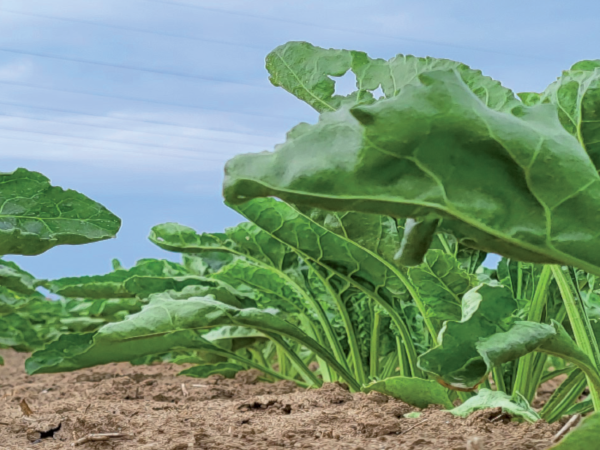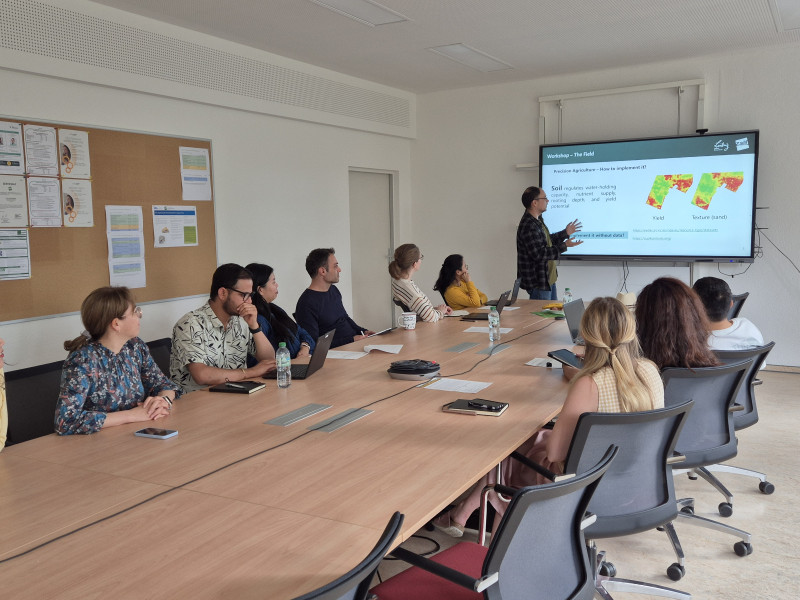Due to its long growing season, sugar beet makes highly efficient use of organic fertilisers from animal husbandry and recycling. The use of organic fertilisers in sugar beet cultivation is therefore very important. In combination with reduced mineral nitrogen fertilisation as spot fertilisation, the efficiency of fertilisation can be improved in many cases without reducing sugar yield. This is a practical way of further reducing the carbon footprint of sugar beet. Five years ago, Vornkahl, a company that has been successful for many decades, and the Julius Kühn Institute set up an interesting long-term trial with organic fertilisers and struvite fertilisers. Further trial years are planned and the trial is becoming more valuable every year. In 2025, sugar beets will be planted on the land and we have organised a small field day with various specialist topics on fertilisation and variety selection.
TOPICS
• Current information on the beet campaign
• Organic fertilisation – a sustainable alternative to mineral fertilisation!
• Struvite – an NP fertiliser with potential for agriculture
• Underfoot fertilisation – increasing fertiliser efficiency
• Variety demonstration – with full and reduced fungicide use
• Nutrient fertilisation trial and fungicide measures – promoting beet health in a targeted manner

